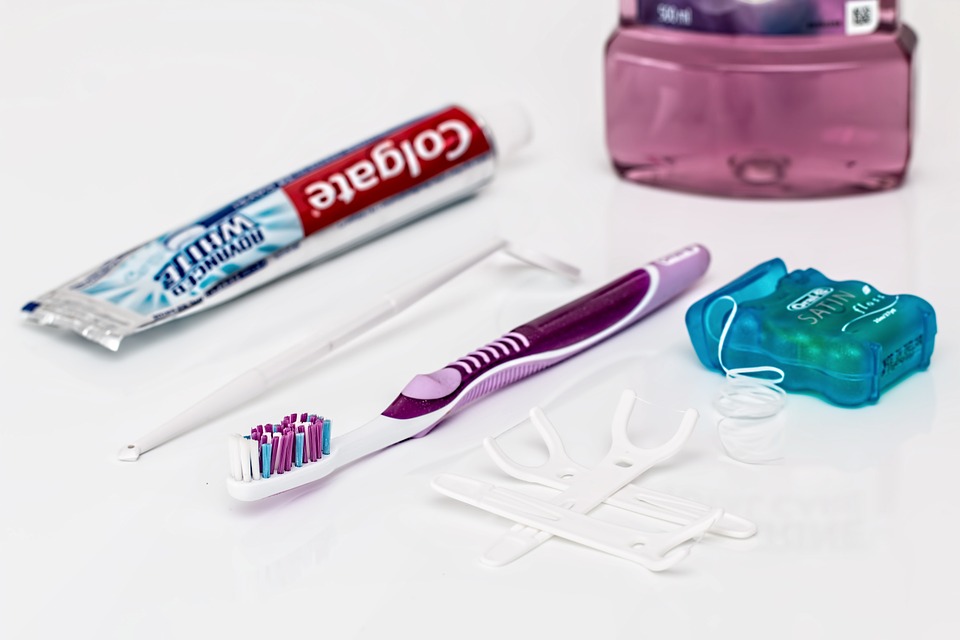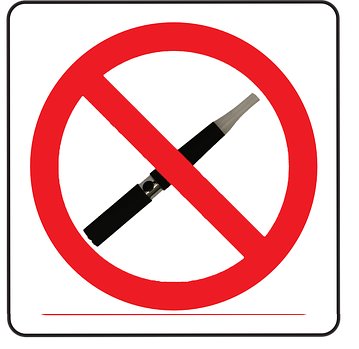
If you’ve recently undergone root canal therapy at Family 1st Dental of Wayne with Dr. Mitchell Knudsen, you’ve likely received a temporary crown over the treated tooth. This temporary crown serves as a placeholder until the permanent crown is custom-made to fit your mouth perfectly. While some patients may be eager to complete the process, others might wonder how long they can safely wear the temporary crown before returning for the final placement.
So, how long is it safe to wear the temporary crown? Well, the answer varies depending on individual circumstances. Typically, the permanent crown is placed within a few weeks to a month after the initial dental procedure. During this time, the tooth and surrounding tissue need to heal, and the dental lab requires time to fabricate the permanent crown. However, the placement of the final crown may be delayed if Dr. Mitchell Knudsen has recommended additional dental treatments to address other issues.
But what happens if the temporary crown remains in place for longer than a few weeks? Extended wear of the temporary crown increases the risk of significant wear and tear, potentially causing changes in tooth alignment and bite alignment. Dr. Mitchell Knudsen will provide guidance on how long your temporary crown can safely remain based on its placement and your oral habits.
It’s essential to remember that even if you can prolong the wear of the temporary crown beyond the recommended timeframe, it’s not advisable to do so. Prompt placement of the permanent crown is crucial for maintaining optimal oral health and preventing complications. If you have any concerns about your temporary crown or need to schedule an appointment for root canal therapy, don’t hesitate to Dr. Mitchell Knudsen at Family 1st Dental of Wayne at (402) 375-2889. We’re here to address any questions or issues you may have regarding your dental care.














